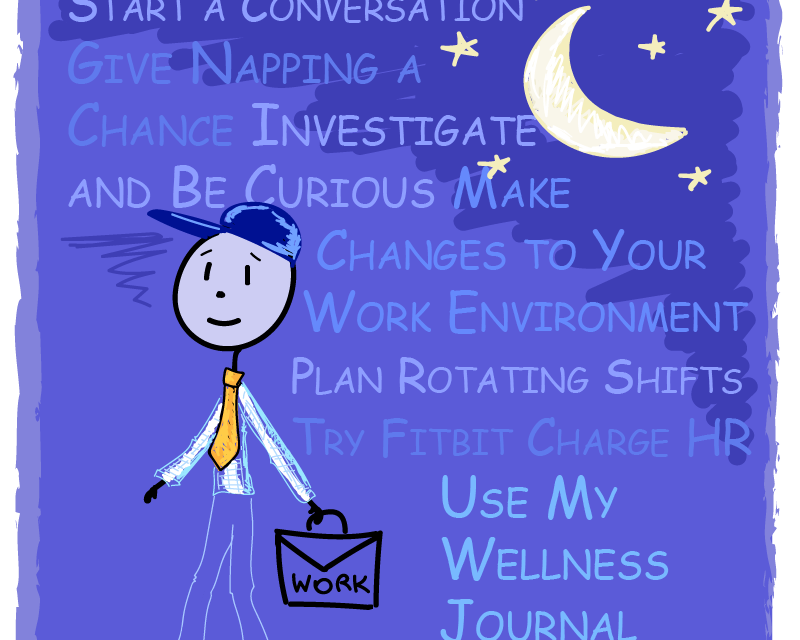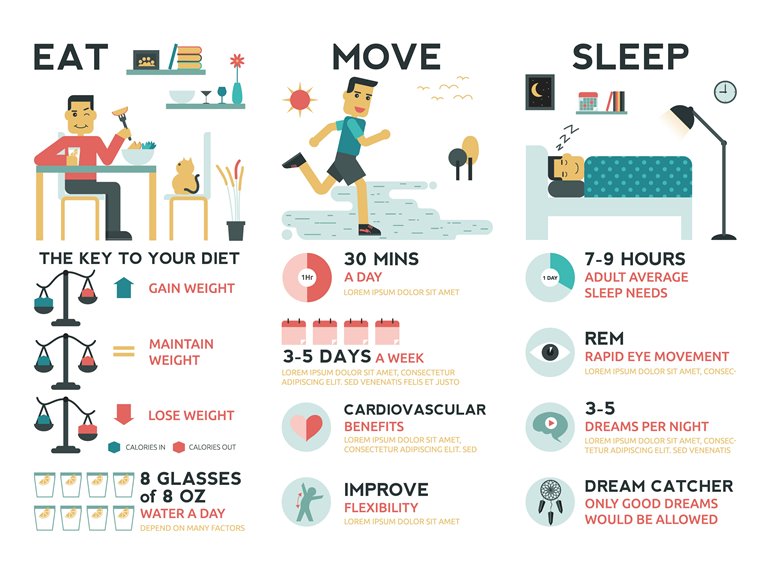How to minimise sleep disruption if you work when everyone is asleep
One of these scenarios involved an evident spike in errors during night shift. My team and I prepared spreadsheets highlighting cost implications and reported on possible reasons – system changes and training issues among factors. I also wondered, could the outcome be impacted by reduced sleep quality? I read some papers published by Harvard Business Review and highlighted it as an additional possible root cause.
Interestingly, the executive’s response was that ‘being a night shift worker is a lifestyle one chooses’ and my theory was quickly dismissed.
For me, this ‘lifestyle choice’ was not sufficient to dismiss my theory around the correlation between sleep and error rates. I stopped asking and began believing. Recently, in an article published in the New Scientists May issue, Colin Espie from the University of Oxford stated “The body clock does not offer a lifestyle choice; it is a biological reality, and departing from it can and does have very serious health consequences”.
We are not propagating an idea that nobody should work nights. Rather, we are challenging old preconceived notions that wellbeing is solely the worker’s responsibility or intermittent naps are for lazy people. As the body of evidence continues to grow, so too will employers’ responsibilities.
If you are a night shift worker or you manage a team that requires night shift work to be undertaken, what steps can you take to ensure your team members get sufficient sleep?
Our concept of wellbeing needs to evolve from the occasional fruit hamper that gets delivered to our work pantries to a more wholesome approach. For example, Huffington Post has invested in nap rooms where employees are able to rest and rejuvenate if needed.
Steps you can take to overcome sleep deprivation associated with shift work
- Start with education and awareness. Begin a conversation in your workplace about sleep. Find someone who is likeminded and work with them or a small group to develop a wellness proposal to present to your employer. More numbers will increase your chances of success. This article can help: How To Write A Proposal
- If you are responsible for a team, inform them about the benefits of napping or other wellbeing alternatives. Then lead by example, your staff will be more likely to consider the idea if they see you walking the talk (or ‘napping the talk’).
- People who have been working night shift for an extended period of time can be considered as candidates for a sleep study. Investigate and be curious. Attending to early indicators of health issues is far better than dealing with cataclysmic events in the future.
- Consider what changes can be made to the physical environment. Blue light emitted by electronics is especially disruptive, supressing melatonin (a hormone that regulates the human sleep cycle) twice as much as other wavelengths of light. You may consider installing smart LED lighting such as Osram Cool Daylight that mimics natural sunlight. Also useful are applications like f.lux that automatically shift your display to warmer hues at sunset. Apple’s newest mobile operating system has the feature ‘Night Shift’ that offers similar functionality.
- Employers, through consulting with their employees, can plan rotating shifts in a manner that will help workers. A schedule that rotates clockwise for example is able to be adjusted easily. This is what the schedule looks like: Day shift – Evening shift – Night shift – Morning shift – Day shift.
- Use a wearable device to help track your sleep habits. My Fitbit Charge HR has helped me improve my sleep habits. It’s a great tool to have if you’re interested in tracking your sleep to better understand your sleep habits. It provides you with a breakup of your different sleep states (restless, awake and sound sleep). You can also set sleep goals in Fitbit and it will track it for you.
- Use My Wellness Journal to record your sleep patterns and strive towards identifying your individual sleep needs. My Wellness Journal can help you form a correlation between the quality of your sleep and your emotions. It will provide you the necessary clues so you can begin developing a unique sleep habit.
Let wellbeing not become a word that’s carelessly thrown around. Start by becoming curious about what it means to you. Begin narrowing down probabilities and base your findings on sound logic rather than flimsy presumptions.
These are the building blocks of your health and wellbeing.
Words To Grow By
Ernest Hemingway
“I love sleep. My life has the tendency to fall apart when I’m awake, you know?”




